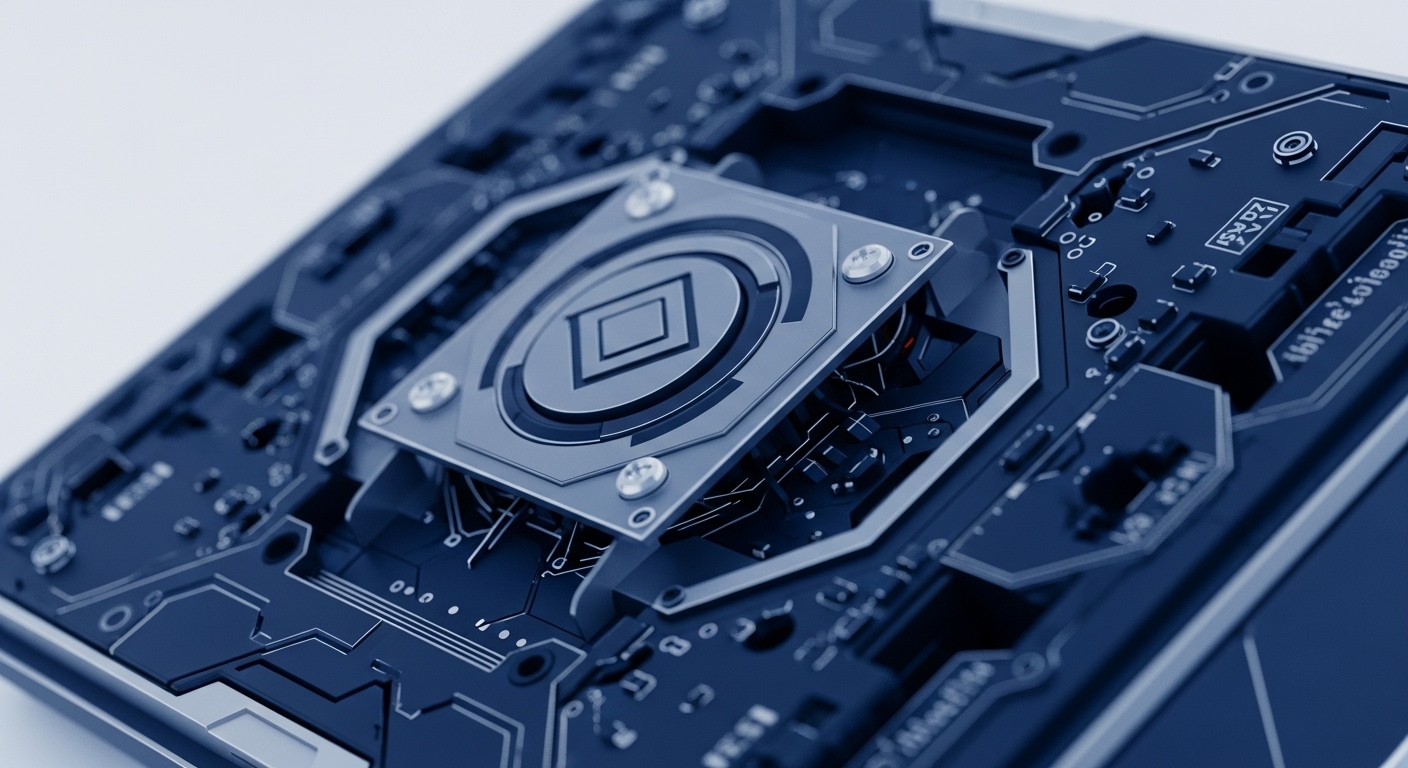Horizontally Scalable zkSNARKs via Proof Aggregation Framework


This framework achieves horizontal zkSNARK scalability by distributing large computations for parallel proving, then aggregating results into a single succinct proof.
